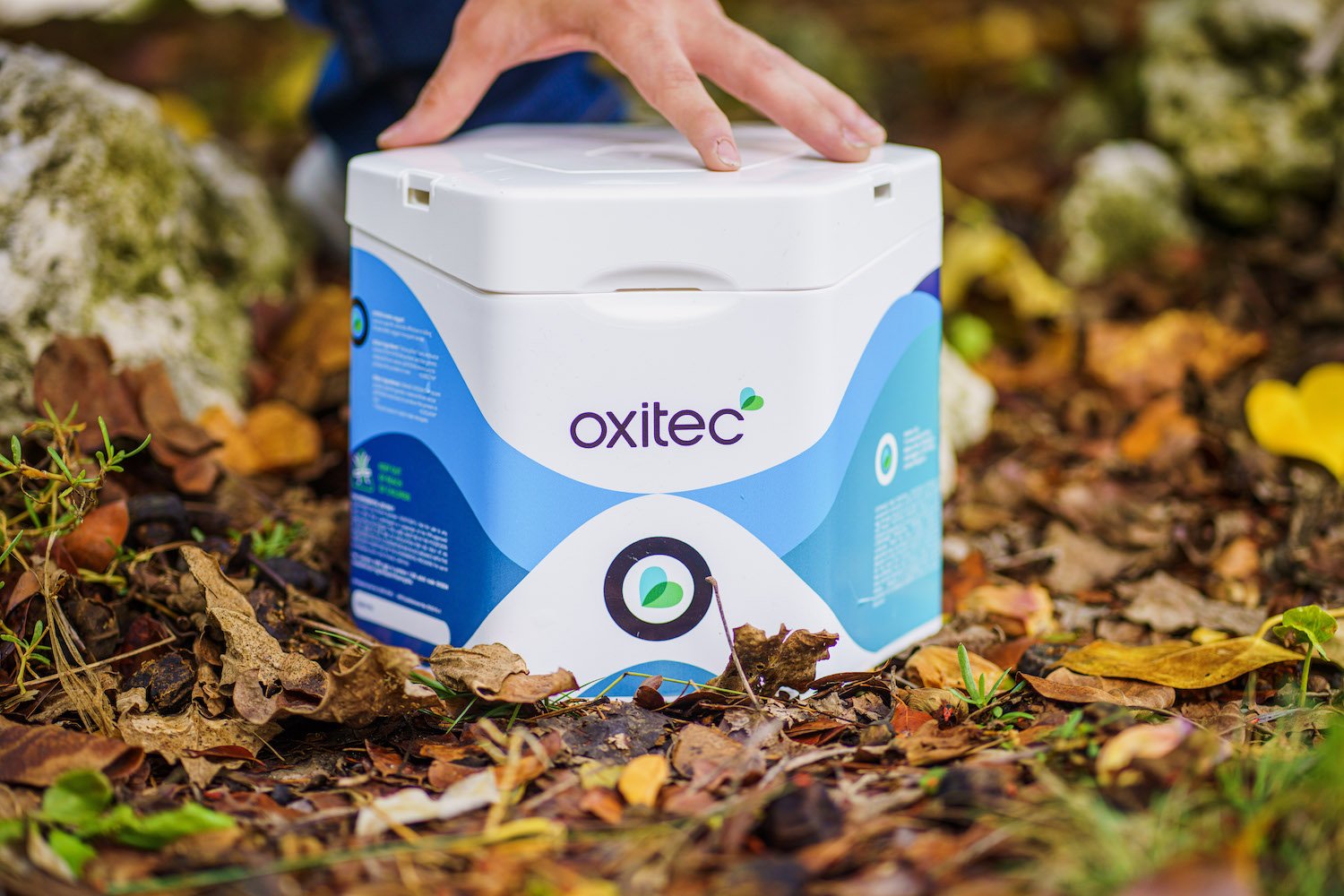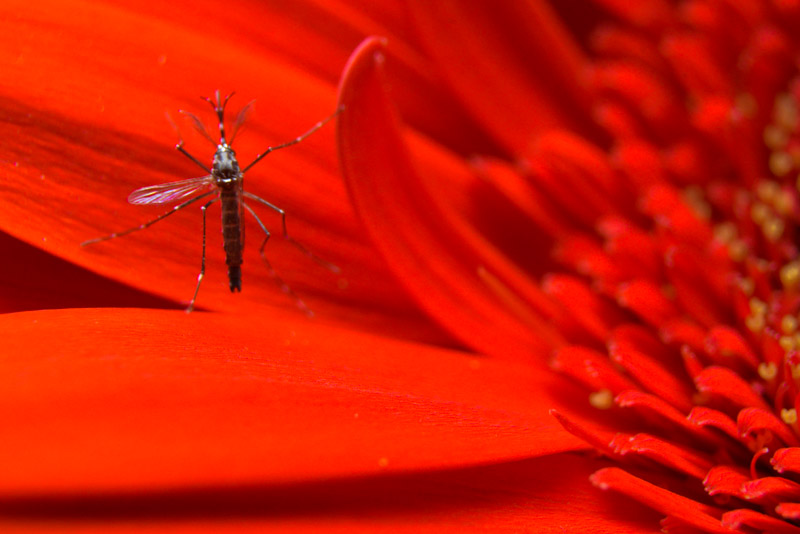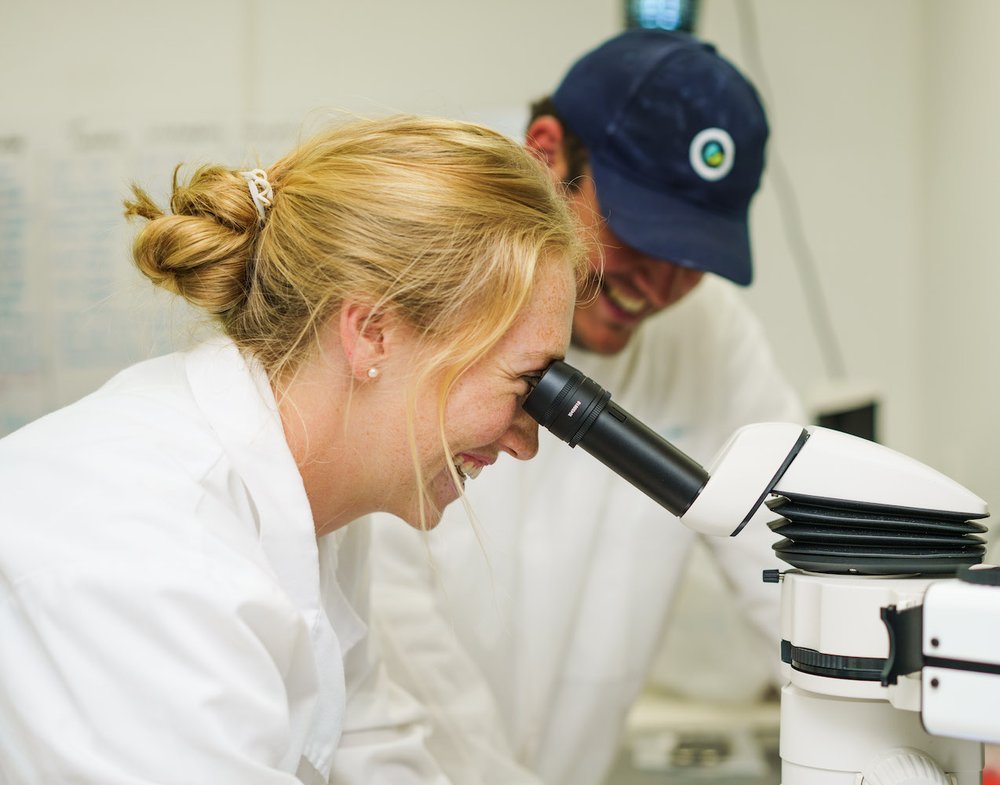
About our Sparks™ Wolbachia Technology
Sparks™ is a new global platform to scale Wolbachia replacement technology, a proven solution to reduce dengue. Sparks™ will complement Oxitec’s groundbreaking mosquito solution, Friendly™ Aedes aegypti, which is the leading dengue vector suppression solution that effectively reduces disease-spreading mosquito populations.
Known as Wolbachia Replacement Technology, this approach is safe, sustainable, and has been proven around the world in multiple field trials and pilot deployments.
Stay tuned as we expand our Sparks™ platform.
About our Friendly™ Technology
The Friendly™ technology platform delivers a targeted, non-toxic and environmentally sustainable solution for controlling pests that spread disease, threaten food production or harm ecosystems. Friendly males carry a self-limiting gene that when passed on, prevents their offspring from surviving to adulthood. With regular releases of Friendly males, the number of offspring – in most versions of the technology, specifically the damaging female offspring – is reduced, resulting in a reduction in the pest insect population. Friendly males, and offspring carrying the self-limiting gene, can be tracked through the linked fluorescent marker gene.
This method can be applied to all kinds of pests, from the mosquitoes that transmit such diseases as dengue and Zika, to moth caterpillars that destroy maize fields. Oxitec is now developing a Friendly™ tick, and the technology has the potential to be applied to animals beyond arthropods.
The Benefits
Precise
Our Friendly™ males only target their own species. They will not harm other, beneficial insects – unlike some other methods of control.
Environmentally Sustainable
Our technology does not use any chemicals that are harmful to the environment, and it has no harmful effects on beneficial species.
Non-persistent
The self-limiting system means that our self-limiting gene cannot establish in the ecosystem.
Non-toxic
The proteins of our introduced genes do not produce any toxins or allergens, making them safe for use in any environment.
Scalable
Our innovative production technologies are being developed with the potential for efficiently rearing our Friendly™ males at a large scale.
Flexible
Our Friendly™ solutions can be used as part of integrated pest management programs and can be used as a stand-alone solution.
How it Works
The Self-Limiting Gene
The self-limiting gene is at the heart of the Oxitec method of pest control and is tuned to work optimally in each target species. When our Friendly™ males are released and reproduce with pest females, their offspring inherit a copy of the self-limiting gene. This gene disrupts the proper functioning of the insects’ cells by over-producing a protein, interfering with the cells’ ability to produce other essential proteins needed for development. This disrupts the insect’s normal development and ability to survive to adulthood. Click here for more details about this process.
This gene can be adjusted to function only in females, to enable large-scale and simple production of Friendly males only, and to target the pest female, which is frequently the most damaging.
This self-limiting gene can be turned off with an antidote called tetracycline; allowing us to breed our Friendly™ males and females at a large scale without the need for any additional genetic engineering. Our Friendly™ Aedes aegypti mosquitoes were engineered in 2013, and we have been breeding the strain from those original mosquitoes ever since!
* >90% reduction, relative to untreated areas achieved in urban pilots.
The Fluorescent Marker
A marker gene has also been introduced to our insects; producing a fluorescent protein called DsRed2. This protein is found throughout the body of the larvae, pupae and adults, and glows under a special light. DsRed2 is non-toxic, non-allergenic and is also inherited by all offspring.
The fluorescent marker is essential for a control program as it allows us to easily examine juvenile pests from the field and, among them, identify the offspring of our Friendly™ males. This a valuable tool for tracking performance of Friendly™ males in the field, providing us with data to tailor our releases and ensure we achieve optimal pest suppression.
See how our Friendly™ males work in practice in our Public Health and Food Sustainability programs.
Public Health
Food Sustainability
Safe for Humans and the Environment
Oxitec technology has been proven safe for people, animals and the environment by regulatory agencies around the world.
Oxitec’s Friendly™ products carry two introduced genes that produce proteins, tTAV (the self-limiting gene) and DSRed2 (the fluorescent marker), both of which are safe and non-toxic for animals that may feed on them and for people in areas where Friendly™ males may be released.
In Brazil, both the Friendly™ Aedes and the Friendly™ fall armyworm have received full commercial biosafety approval from national government regulators. See more information here, and here.
In the USA, Friendly™ Aedes has received approval from the Environmental Protection Agency (EPA) for field releases in Florida and California. The EPA’s 2-year review concluded that Oxitec’s male mosquitoes are safe for people and the environment. More information related to this approval can be found here.
Partners and Funders
Oxitec has benefited from partnerships and collaborations with dozens of organisations in the government, non-profit, academic, philanthropic, community, and private sectors and continues to do so to this day.
Scientific Literature
Oxitec’s technology has been studied by scientists worldwide for more than a decade in a range of countries and projects. Our science is described in 100+ peer-reviewed, scientific journal articles and papers published about our technology, a selection of which can be viewed below.
Publications are organised by year for easy reference.



























